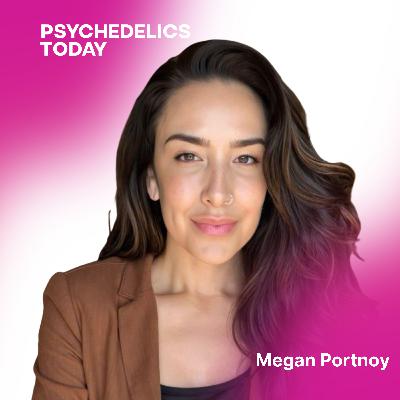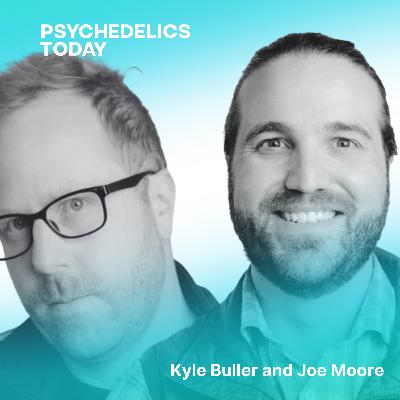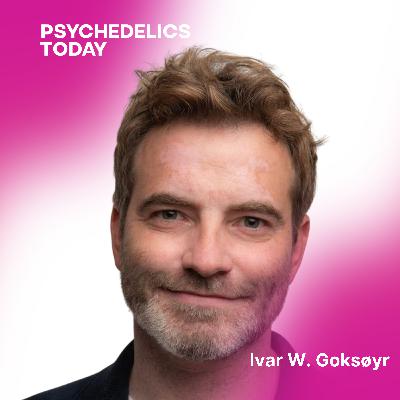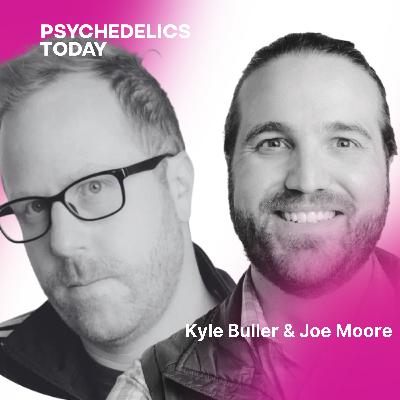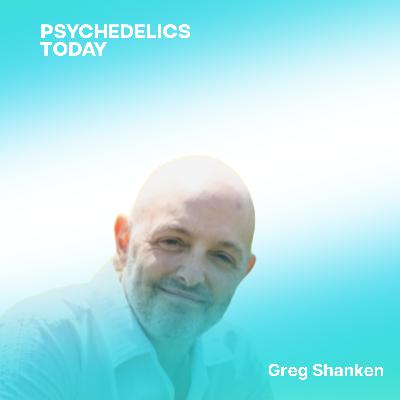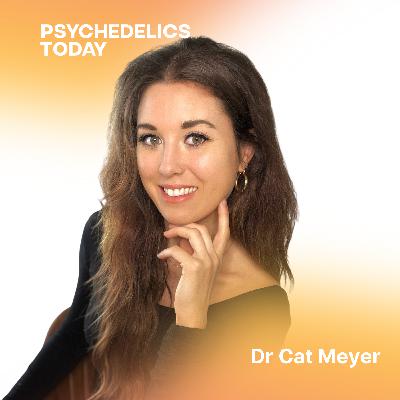PT 637 Genesee Herzberg — Ketamine Truths, MDMA Hopes, and the Work of Integration
Description
Clinical psychologist Dr. Genesee Herzberg joins Kyle to reflect on two decades in trauma work and 15 years inside the psychedelic ecosystem—from early MAPS conferences to running Sage Integrative Health. She traces how personal psychedelic experiences set her on a path of service, research at CIIS on MDMA-assisted therapy, and hands-on roles with MAPS: Zendo Project harm reduction, adherence rating, and ultimately serving as an MDMA therapist in clinical trials. Today she leads Sage, an integrative clinic (psychotherapy, psychiatry, bodywork, acupuncture, and functional nutrition) focused on ketamine-assisted therapy while preparing for MDMA's eventual approval. She also co-founded a sliding-scale KAP nonprofit (now Alchemy Community Therapy Center), co-edited Integral Psychedelic Therapy, and is helping to launch the International Alliance of MDMA Practitioners.
In this episode
- From counterculture to mainstream: What's been gained—and lost—as psychedelics scaled.
- Accessibility vs. corporatization: Why cutting corners (prep/integration, therapeutic time) undermines outcomes and safety.
- "Myth of the magic pill": Psychedelics can catalyze change, but healing is an ongoing process anchored by integration.
- What good care looks like: Preparation → medicine sessions → robust integration, individualized cadence, and adding bodywork and functional medicine to address gut-brain links, mineral status, sleep, and somatic tension.
- Ketamine realities: Differences between psycholytic (talk-forward) and psychedelic (eyes-closed, inner-directed) dosing; why some need multiple sessions to build relationship with the medicine; risks of mail-order models (high dosing, poor screening/support), daily prescribing, addiction potential, cystitis, and safety concerns.
- Sitting, not guiding: The therapist's task is to follow the client's process; intervene sparingly and with consent—especially in trauma work where attuned co-regulation is essential.
- Multiple access pathways: Support for regulated clinical care and community, peer, and ceremonial models—paired with education and harm reduction (Zendo's SIT peer training and new crisis-responder training).
- The MDMA pause: Initial devastation at the FDA decision gave way to seeing benefits: time to strengthen ethics, accountability, training standards, and to temper hype-driven investment.
- Pace and ethics: Lessons from burnout; moving at the speed of trust; exploring "psychedelic business models" (stakeholder focus, distributed decision-making, employee ownership, public benefit structures).
Resources & organizations mentioned
- Sage Integrative Health
- Alchemy Community Therapy Center (sliding-scale KAP)
- International Alliance of MDMA Practitioners
- Integral Psychedelic Therapy (edited by Genesee Herzberg, Jason Butler, Richard Miller)
Takeaway: Thoughtful preparation, right-sized dosing, and committed integration—held within ethical, community-minded systems—turn powerful experiences into durable change.






